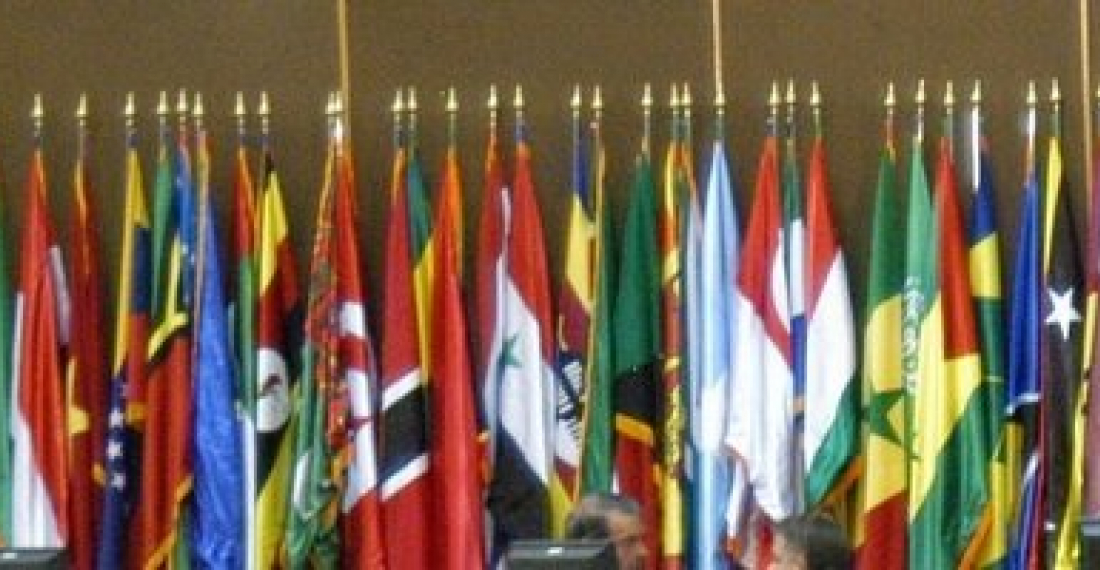World leaders will converge on Baku and Yerevan over the next months for the summits of La Francophonie and the Non Aligned Movement. A wonderful development, writes Dennis Sammut in this week's Monday Commentary, but it would be even better if South Caucasus leaders can also meet together to address the challenges of the region.
In 2018 Armenia, Azerbaijan and Georgia are celebrating the 100th anniversary of the establishment of their modern statehood, that initially lasted only for a short moment between 1918-20. It is perhaps a proof of how different are the three countries that were reborn in 1991 following the dissolution of the USSR, that in this centenary year the region will be hosting some of the largest gatherings of world leaders.
Armenia, in October will host the summit of the Francophonie, an association that describes itself as "a community of destiny aware of the links and potential that come from sharing a language, French, and universal values". Not surprisingly France plays an important role in the organisation, but its members span all over the world from Canada to Vietnam and from Switzerland to Congo - L'Organisation Internationale de la Francophonie brings together 54 governments, 4 associate members and 26 observers.
On its part Azerbaijan will in the next days welcome the meeting of the Foreign Ministers of the Non-Aligned Movement(NAM), part of a process that will lead to a full NAM leaders summit in 2019, at which point Azerbaijan will also take over the Chairmanship of the Movement for three years. NAM was established at the height of the cold war as countries that did not form part of the two competing blocs sought a voice on the world stage. With increased tensions between east and west, some think the movement may be entering a period of revival. NAM is one of the largest international organisations in the world with more than 120 member states and 17 observers.
Of course there have been big international events in the region before - political gatherings, large sports events and much else. However the fact that so many world leaders will attend these gatherings over the next weeks and months is significant, and a proof of the active role that the countries of the region now play in the international system.
Some may say that these global jamborees are a waist of time and money. Yet in any relationship, personal contact still matters, and the same goes for international relations. Despite all shortcomings these sort of gatherings can help bring about better understanding between nations, and galvanise action on important global issues.
For the region itself these global international gatherings are a proof of the confidence of the states reborn in 1991 who have now long passed the point where they have to worry about their very existence, and are well on their way in the process of state-building.
However, it is ironic, sad, and for many unacceptable, that whilst Baku and Yerevan can host meetings bringing together leaders from deep Africa, the distant Pacific Ocean and the chilly Arctic circle, they cannot as yet host a regional summit for the three South Caucasus countries. What seems to be so obvious and necessary simply eludes them, another example of the high cost that the region pays for the as yet unresolved conflict between Armenians and Azerbaijani over Nagorno-Karabakh.
It is wonderful that the South Caucasus countries will be hosting the world as part of their centenary celebrations. It would be even better if the centenary can also be used for the leaders of the three countries to meet together to address the challenges of the region, and map out its future.
source: Dennis Sammut is the Director of LINKS (Dialogue, Analysis and Research) His Monday Commentary is published weekly on commonspace.eu.
The views expressed in opinion pieces and commentaries do not necessarily reflect the position of commonspace.eu or its partners






